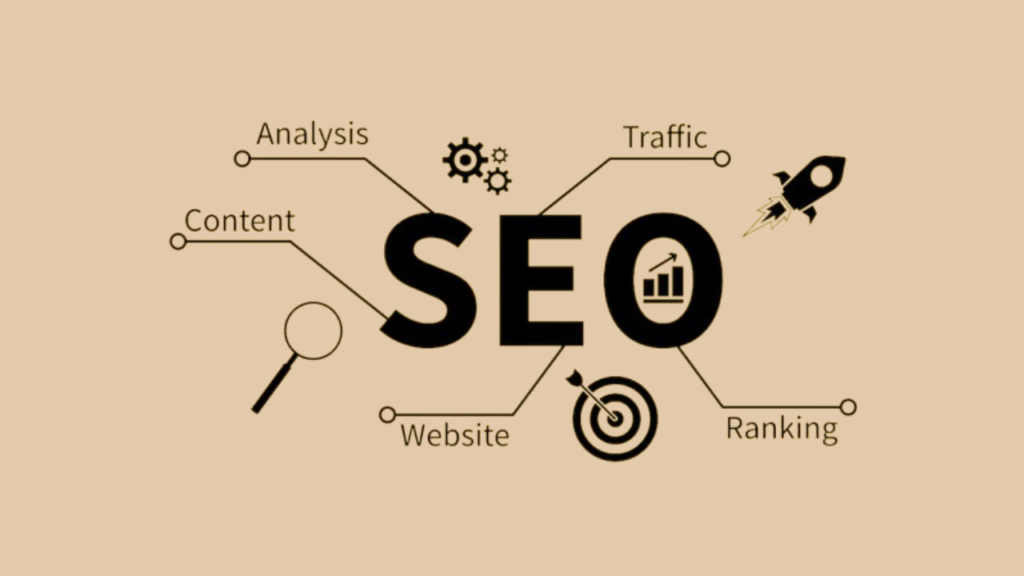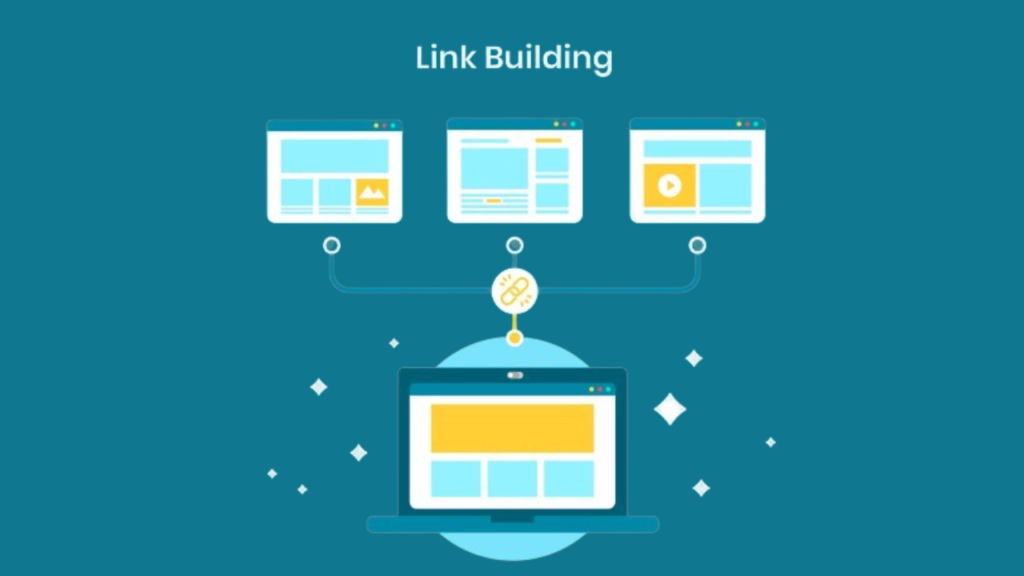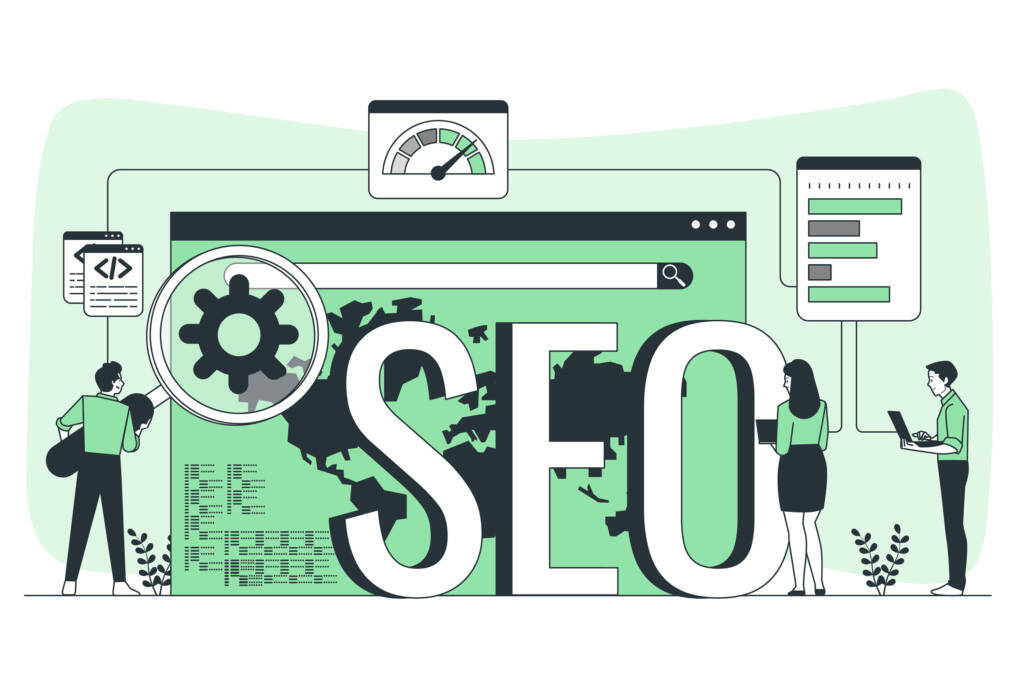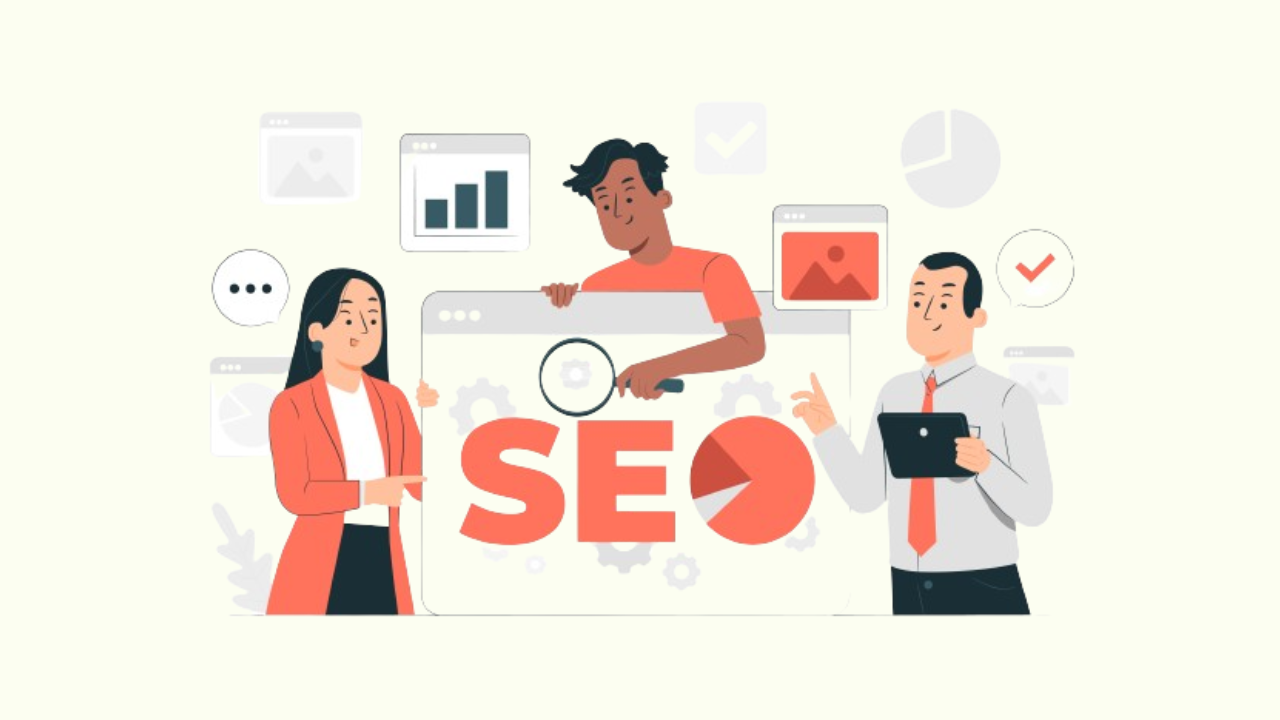Did you know that a staggering 53% of all website traffic comes from organic search?
That’s right – more than half of all online visitors are led to websites through the power of SEO.
Take the example of Casper for instance. The brand that was once struggling to gain visibility in the market gained approximately 1 million monthly organic traffic.
And this all happened because Casper leveraged SEO to enhance its search visibility.
This real-world example shows us that SEO is more than just a marketing strategy – it’s a digital goldmine waiting to be unearthed.
So, join us as as we delve deeper into understanding why SEO its essential for online success.
What is SEO?
SEO, or Search Engine Optimization, is a multifaceted approach to improving a website’s visibility and ranking on search engine results pages (SERPs). Fundamentally, search engine optimization (SEO) is about knowing how search engines operate and using that expertise to improve the visibility of your website.
The ultimate goal?
To attract relevant organic traffic and improve your online visibility.
Let’s break down the components of SEO and explore how they work together to achieve the ultimate goal: attracting relevant organic traffic and enhancing online visibility.
Key Components of SEO
1. On-Page Optimization

On-page optimization focuses on optimizing individual web pages to improve their search engine rankings. This involves optimizing elements directly on the webpage itself, including:
- Keyword Research: Identifying relevant keywords and phrases that users are likely to search for. You can use tools like SEMRush and Google keyword planner to find relevant keywords.
- Meta Tags: Optimizing meta tags, such as title tags and meta descriptions, to accurately reflect the content of the page and attract clicks from users.
- Content Optimization: Creating high-quality, relevant content that satisfies user intent and incorporates targeted keywords naturally.
- URL Structure: Creating clean, descriptive URLs that are easy for both users and search engines to understand.
2. Off-Page Optimization

Off-page optimization involves activities conducted outside of your website to improve its authority, relevance, and reputation.
Key strategies include:
- Link Building: Acquiring backlinks from reputable websites in your industry, as backlinks are a crucial ranking factor for search engines.
- Social Signals: Engaging with your audience on social media platforms and generating shares, likes, and comments to increase brand visibility and authority.
- Online Mentions: Garnering mentions and citations from authoritative websites and online publications to establish credibility and trustworthiness.
3. Technical SEO

Technical SEO focuses on optimizing the technical aspects of your website to enhance its crawlability, indexability, and user experience. This includes:
- Website Speed: Ensuring that your website loads quickly to provide a seamless user experience and prevent users from bouncing off. Google’s page speed index gives you a clear idea of where you are lacking and what should be improved.
- Mobile-Friendliness: Designing your website to be responsive and mobile-friendly, as mobile optimization is crucial for ranking well in mobile search results.
- Site Architecture: Structuring your website in a logical and organized manner to facilitate easy navigation for both users and search engine bots.
The Importance of SEO for businesses in the Digital Age
1. Enhancing Visibility and Credibility
Enhanced visibility is the cornerstone of SEO. By optimizing your website for relevant keywords and adhering to SEO best practices, you increase the likelihood of your website appearing prominently in search engine results pages (SERPs). When users conduct searches related to your products, services, or industry, a strong SEO strategy ensures that your website is among the top results they see.
This heightened visibility opens up valuable opportunities for users to discover your website organically, without the need for paid advertisements. Whether it’s a potential customer searching for information, a researcher seeking insights, or a consumer comparing options, appearing at the top of search results increases the chances of users clicking through to your website.
2. Increased Organic Traffic
Organic traffic, often considered the holy grail of digital marketing, refers to visitors who find your website through unpaid search results. By ranking higher in SERPs, you attract a steady stream of organic traffic to your website. Unlike paid advertising, which requires continuous investment to maintain visibility, organic traffic is highly targeted and cost-effective.

When your website ranks well for relevant keywords, it becomes more accessible to users actively seeking information or solutions related to your offerings. This targeted traffic is more likely to convert into leads, sales, or other desired actions, thereby positively impacting your bottom line.
Unlike paid advertising, organic traffic offers long-term sustainability and cost-effectiveness. Investing in SEO can help you generate a steady stream of organic traffic to your website, leading to sustainable growth in the long run.
3. Better User Experience
A fundamental aspect of SEO is optimizing the user experience (UX) of your website. Many SEO best practices, such as improving website speed, ensuring mobile-friendliness, and creating a user-friendly navigation structure, are aimed at enhancing the overall UX.
When users visit your website and encounter a seamless, intuitive experience, they are more likely to engage with your content, explore your offerings, and ultimately convert. Conversely, a poor UX characterized by slow loading times, confusing navigation, or non-responsive design can lead to high bounce rates and lost opportunities.
By prioritizing user experience as part of your SEO strategy, you not only improve your website’s performance in search rankings but also foster positive interactions with your audience, leading to increased engagement and conversions.
4. Long-Term Sustainability
One of the most significant advantages of SEO is its long-term sustainability. Unlike paid advertising campaigns, which require ongoing investment to maintain visibility and generate traffic, SEO offers enduring benefits.
Once you’ve established strong rankings in search results through effective SEO practices, your website can continue to attract organic traffic without the need for continual financial outlay. This long-term sustainability ensures a consistent flow of visitors to your website, providing a solid foundation for sustained growth and success.
Moreover, as search engines evolve and algorithms change, maintaining a robust SEO strategy allows you to adapt and stay ahead of the competition. By continuously monitoring performance metrics, updating content, and refining optimization tactics, you can ensure that your website remains visible and relevant in an ever-changing digital landscape.
5. Building Brand Authority and Trust
SEO contributes significantly to building brand authority and trust among your target audience. When your website consistently appears at the top of search results for relevant queries, it reinforces the perception of your brand as a credible and authoritative source of information or solutions within your industry.
By publishing high-quality content, earning backlinks from reputable websites, and engaging in social media conversations, you establish your brand as an industry leader. Users are more likely to trust and engage with brands that have a strong online presence and a positive reputation in search engine results.
6. Competitive Advantage
In today’s fiercely competitive digital landscape, staying ahead of competitors is paramount. A robust SEO strategy can provide a significant competitive advantage by helping your business stand out from the crowd.
By continuously monitoring competitor activities, analyzing keyword trends, and adapting your SEO tactics accordingly, you can outmaneuver rivals and capture a larger share of organic traffic. Additionally, by optimizing for niche keywords and long-tail search queries, you can target specific segments of your audience and carve out a unique position in the market.
7. Cost-Effectiveness and High ROI
Compared to traditional advertising channels such as print, radio, or television, SEO offers exceptional cost-effectiveness and a high return on investment (ROI). While paid advertising campaigns require ongoing financial investment to maintain visibility and generate leads, SEO delivers sustainable results over the long term without incurring additional costs.
Once you’ve achieved strong rankings in search results, the organic traffic generated by SEO continues to flow, driving consistent engagement and conversions without the need for continuous expenditure. This cost-effectiveness makes SEO an invaluable asset for businesses looking to maximize their marketing budgets and achieve tangible results without breaking the bank.
Real-World Examples of SEO Success
Example 1: Airbnb
Airbnb, the global accommodation marketplace, attributes much of its success to SEO. By optimizing its website for relevant keywords and creating high-quality content, Airbnb has been able to dominate search engine results for travel-related queries. This has helped them attract millions of visitors organically and establish themselves as a leading player in the travel industry.
Example 2: HubSpot
HubSpot, a leading provider of inbound marketing and sales software, has built its digital presence through a robust SEO strategy. By consistently producing valuable content and optimizing its website for search engines, HubSpot has been able to attract a steady stream of organic traffic and generate leads at scale.
Example 3: Dollar Shave Club
Dollar Shave Club disrupted the razor industry by leveraging SEO to its advantage. Through witty marketing campaigns and SEO-optimized content, Dollar Shave Club rapidly gained traction online and attracted a loyal customer base. Today, the company is valued at over a billion dollars, showcasing the power of SEO in driving business growth.
Conclusion: Embracing the Power of SEO
SEO is more than simply a marketing tool; it is a critical component of online success. By increasing visibility, boosting organic traffic, and maximizing ROI, SEO enables organizations to survive in the digital age. If you’re a small startup or a multinational enterprise, investing in SEO is critical for staying ahead of the competition and meeting your business goals. So, embrace the power of SEO to maximize the potential of your online presence.

